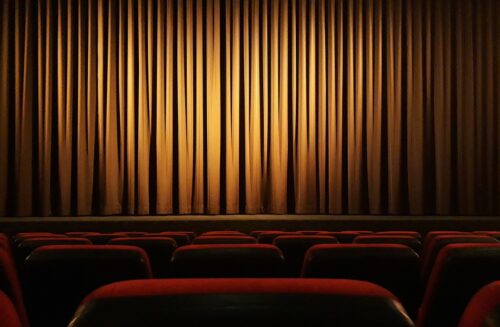In the annals of cinematic history, certain films stand out not only for their groundbreaking visuals and storytelling but also for the profound impact they have had on popular culture. Two such movies that epitomize this phenomenon are “The Matrix” (1999) and “The Dark Knight” (2008). Despite being released nearly a decade apart, these films share striking similarities that warrant a closer examination.
Visual Aesthetics:
Both “The Matrix” and “The Dark Knight” are celebrated for their visually stunning aesthetics. In “The Matrix,” groundbreaking special effects and innovative cinematography were employed to create a dystopian world where reality is not as it seems. The film’s iconic “bullet time” sequences and sleek, cyberpunk-inspired visuals set a new standard for action filmmaking.
Similarly, “The Dark Knight” pushed the boundaries of what was possible in superhero cinema with its gritty realism and breathtaking action sequences. Director Christopher Nolan’s use of IMAX cameras and practical effects lent the film a sense of authenticity rarely seen in the genre, immersing audiences in the dark and brooding world of Gotham City.
Complex Characters:
Both movies feature complex, morally ambiguous protagonists who grapple with existential questions and inner demons. In “The Matrix,” Keanu Reeves portrays Neo, a computer hacker who discovers that the world he inhabits is a simulated reality created by sentient machines. As Neo delves deeper into the truth of his existence, he must confront his own doubts and fears to fulfill his destiny as “The One.”
In “The Dark Knight,” Christian Bale reprises his role as Bruce Wayne/Batman, a tortured vigilante torn between his desire for justice and the temptations of vengeance. Batman’s moral code is put to the test by the Joker, a nihilistic anarchist brilliantly portrayed by Heath Ledger, who seeks to plunge Gotham into chaos. The dynamic interplay between hero and villain elevates “The Dark Knight” beyond mere superhero fare, making it a timeless masterpiece of storytelling.
Themes of Identity and Reality:
At their core, both “The Matrix” and “The Dark Knight” explore themes of identity, reality, and the nature of existence. In “The Matrix,” characters grapple with the notion that their perceived reality is merely an illusion created by external forces. The film raises profound questions about free will, determinism, and the nature of consciousness, inviting audiences to ponder the nature of reality itself.
Similarly, “The Dark Knight” delves into the psychology of its characters, exploring the thin line between heroism and villainy. Batman and the Joker serve as foils for each other, representing opposing views of human nature and the world. The film’s exploration of moral ambiguity and the consequences of one’s actions resonates with audiences on a deep and thought-provoking level.
Legacy and Influence:
Both “The Matrix” and “The Dark Knight” have left an indelible mark on popular culture and inspired countless imitators in the years since their release. “The Matrix” revolutionized action filmmaking with its groundbreaking visual effects and philosophical themes, paving the way for a new generation of sci-fi blockbusters.
Likewise, “The Dark Knight” redefined the superhero genre and set a new standard for comic book adaptations with its mature themes and complex characters. Heath Ledger’s iconic portrayal of the Joker earned him a posthumous Academy Award, cementing the film’s place in cinematic history.
In conclusion, while “The Matrix” and “The Dark Knight” may differ in setting and tone, they share a common DNA that transcends their respective genres. Both films are beloved classics that continue to captivate audiences with their timeless themes, groundbreaking visuals, and unforgettable characters.









